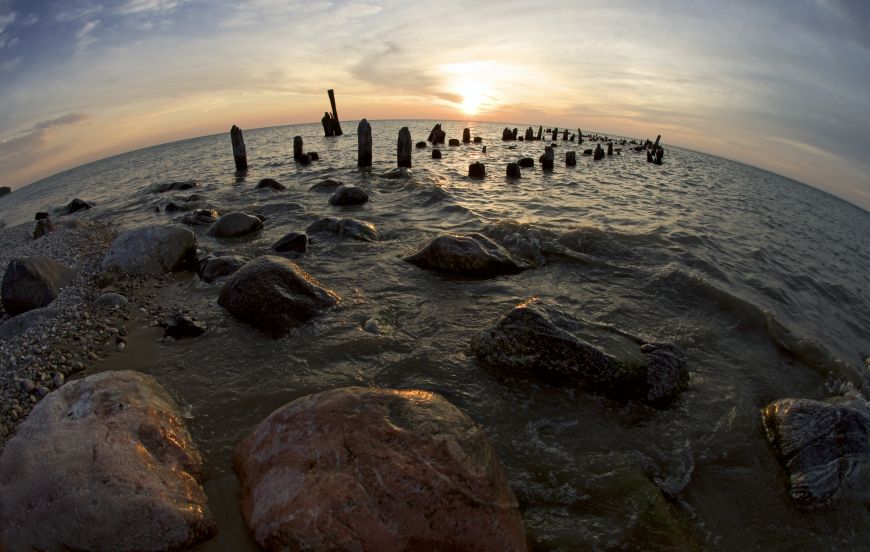
 back to all news
back to all news
Great Lakes water levels are surging and could hit record highs this year

Water levels are surging in the Great Lakes and likely will set records this summer, forecasters said Monday — a remarkable turnaround from earlier this decade that's bringing welcome relief to shippers and marina owners, but causing flooding and heavy erosion in some areas.
A six-month bulletin from the U.S. Army Corps of Engineers predicted Lake Superior and Lake Erie soon will reach unprecedented high points, as a heavy winter snowpack across the region's northern section melts and mingles with water gushing into the lakes from rivers swollen with spring rainfall.
Lake Superior, which holds more water than the other four combined and sends them a continuous flow through its southern outlet, is about 15 inches above its long-term average level for this time of year, and nine inches higher than a year ago. Lake Erie is 26 inches over its long-term average.
Michigan, Huron and Ontario aren't expected to set records but are well above average, Kompoltowicz said.
Great Lakes levels are known to fluctuate over time. But experts said the prolonged drop-off of the past decade and the more recent rise likely result at least in part from a warming climate.
"These events are quite consistent with what scientists have been expecting with long-term climate change patterns," said Drew Gronewold of the University of Michigan's School for Environment and Sustainability. "The challenge is that it's very hard to forecast when those extremes are going to occur and when the transition between them might occur."

